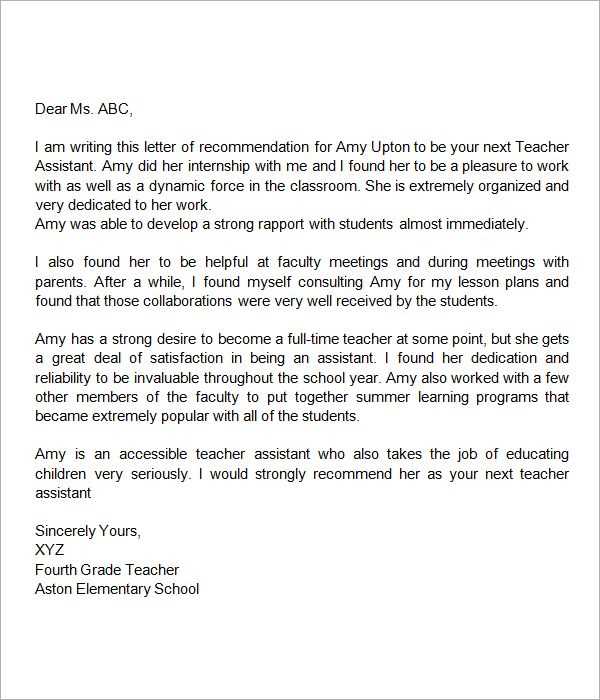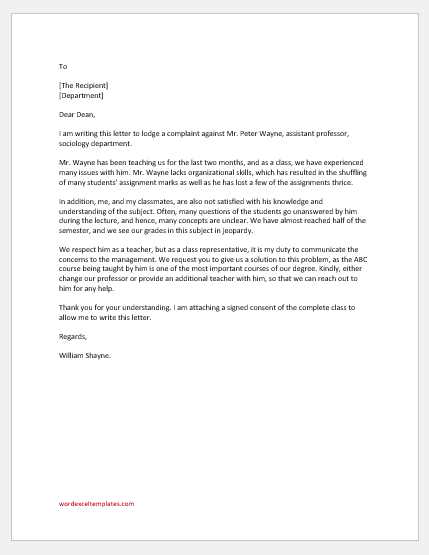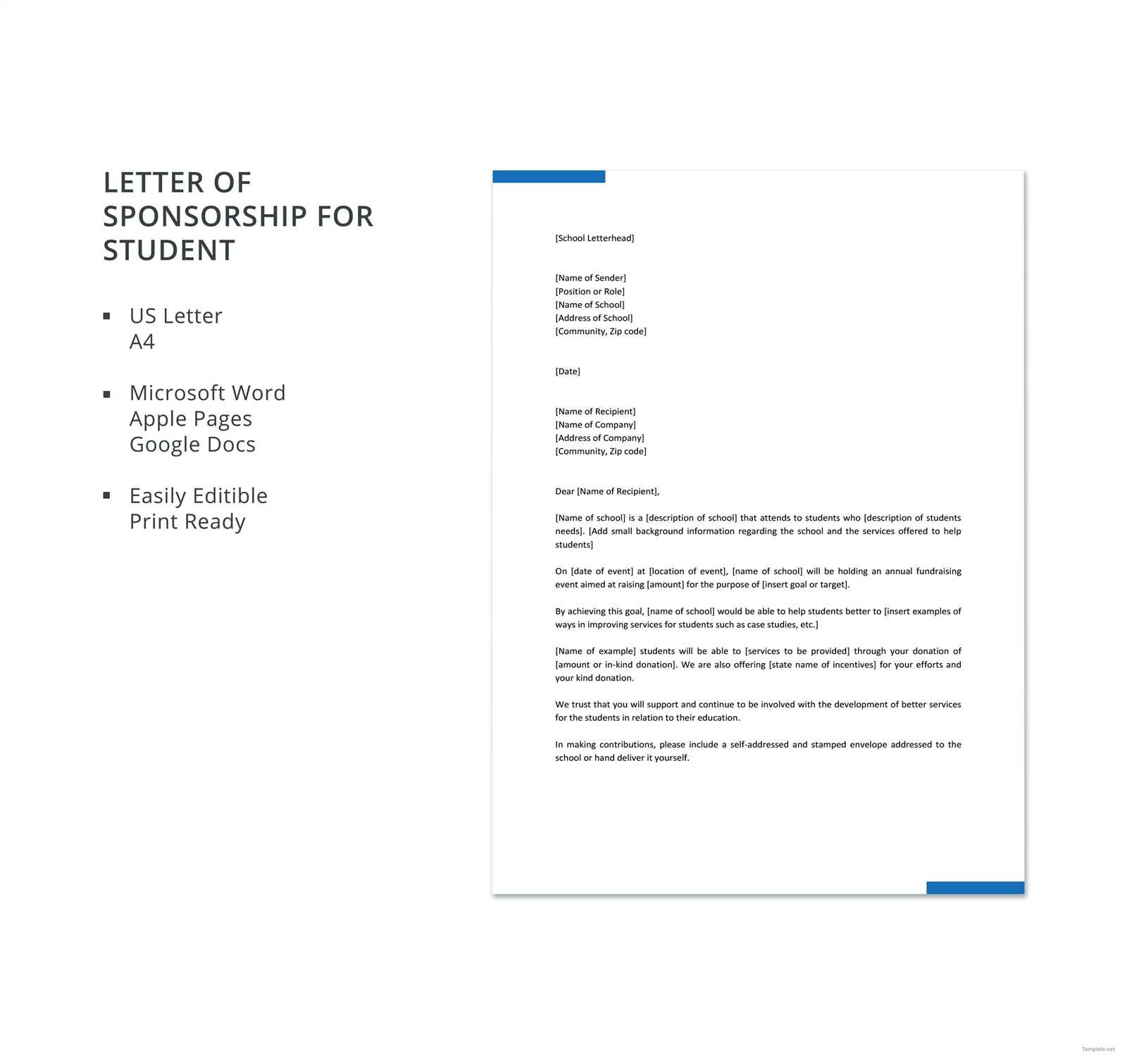Letter to next year’s students template

Writing a letter to the next year’s students offers a chance to pass along useful advice and insights. Use it as an opportunity to highlight what matters most for their success and smooth transition. Avoid vague statements; instead, focus on specific actions they can take to thrive. Be clear and direct with the message.
Start with a warm welcome to set the tone and make them feel comfortable. Share a bit about what you wish you’d known before starting your journey. Think about the small tips that made a big difference for you–whether it’s time management, knowing where to find resources, or connecting with the right people.
Provide actionable advice that can guide them during their first few weeks. For example, suggest setting a routine or getting involved in campus activities early on. Include practical steps they can take to stay organized and focused throughout the year. Offer suggestions that help them balance school and personal life effectively.
End your letter on a positive note, letting them know that they are capable of succeeding and that challenges will come, but they can overcome them. Encourage them to seek help when needed and to always be proactive about their education and well-being. Keep the tone friendly, reassuring, and motivating.
Letter to Next Year’s Students Template
Begin by addressing the letter directly to the upcoming students. Express warmth and excitement about their future experiences, making them feel welcomed and supported. Focus on providing valuable advice for their transition, emphasizing practical tips for success.
Make the Most of Your Time
Prioritize time management. Balancing studies with personal time can be challenging, but planning ahead and staying organized will help you stay on track. Use tools like planners or digital calendars to structure your week efficiently. Don’t hesitate to ask for help when needed–professors, staff, and classmates are there to support you.
Engage in Campus Life

Get involved in campus activities. Participating in clubs, sports, or other social events will not only make your experience more enjoyable but also help you build a network. Connecting with others can provide opportunities for personal and academic growth.
Encourage them to stay curious and open-minded, highlighting the importance of adaptability and personal growth. Reassure them that it’s okay to make mistakes along the way, as they are part of the learning process.
Personalize Your Letter’s Opening to Engage Students
Start your letter with something that feels personal. Address students directly, using a warm and inviting tone that shows you care about them as individuals. Instead of a generic greeting, try something specific: mention their upcoming challenges, or the excitement of new beginnings. This can help create an immediate connection.
Incorporate something memorable or relatable about the year ahead, like a shared experience or common goal. If you know a little about the group, include a reference that resonates with them, making it clear that this isn’t just a form letter–it’s meant for them.
Engage students right from the start by asking a question or sharing a thought that intrigues them. Rather than beginning with the usual “I hope this letter finds you well,” try something more direct and engaging. For example, “What are you most looking forward to this year?” or “Are you ready for the exciting challenges ahead?” This kind of opening encourages a sense of anticipation and curiosity.
By personalizing the tone and content from the very first sentence, you help students feel seen and valued, which sets the stage for a more positive and open relationship throughout the year.
Highlight Important Dates and Key Events for the Upcoming Year
Keep track of the upcoming year’s key dates and events to ensure you stay organized and prepared. Mark these dates in your calendar to avoid last-minute surprises.
Key Academic Dates

- First Day of Classes: September 1, 2025
- Mid-Term Exams: October 15–October 22, 2025
- Last Day of Classes: December 15, 2025
- Spring Semester Start: January 10, 2026
- Final Exams: May 1–May 7, 2026
Important Campus Events
- Freshman Welcome Week: August 28–September 3, 2025
- Career Fair: March 10, 2026
- Spring Break: March 20–March 27, 2026
- Graduation Ceremony: May 20, 2026
These are the moments to look forward to–plan ahead so you can fully participate and make the most out of the academic year.
Offer Tips for Managing Time and Staying Organized
Create a daily schedule and prioritize your tasks based on deadlines and importance. Break down large projects into smaller, manageable tasks to avoid feeling overwhelmed. Use a planner or digital calendar to keep track of all assignments and deadlines.
Try the Pomodoro technique to stay focused: work for 25 minutes, then take a 5-minute break. This helps you stay energized while making progress on tasks. Adjust the work-to-break ratio if you find a different pattern works better for you.
Keep a clean workspace and organize your materials in a way that makes them easy to access. A tidy environment reduces distractions and increases productivity. Store documents in folders and label everything clearly.
Set specific goals for each study session. Write down what you aim to accomplish, and stick to it. This gives your study time a clear purpose and helps you measure progress.
Delegate tasks when possible. If you’re part of a group project or have other responsibilities, share the workload with others. Collaboration can save time and improve the quality of your work.
Regularly review your to-do list and adjust priorities. Some tasks may take longer than expected or new assignments might come up. Reassessing your list ensures that you’re focusing on the most important tasks.
Avoid multitasking. It’s more efficient to focus on one task at a time. Switching between tasks can waste time and lead to mistakes.
| Time Management Tips | Actionable Steps |
|---|---|
| Create a Daily Schedule | Write down all tasks and allocate time for each. |
| Use the Pomodoro Technique | Work for 25 minutes, then take a 5-minute break. |
| Declutter Your Workspace | Organize materials and keep the workspace tidy. |
| Set Clear Goals | Write specific objectives for each study session. |
| Delegate Tasks | Share responsibilities in group projects. |
| Review Your To-Do List | Reassess your tasks and adjust priorities. |
Suggest Ways to Build Strong Connections with Peers and Faculty

Join study groups or club meetings regularly. This encourages interaction with peers and creates opportunities for collaborative learning. Not only will you gain valuable insights, but you’ll also get to know your classmates better.
Engage in Class Discussions
Be proactive in class discussions. Ask questions, share your thoughts, and make connections by engaging with both professors and classmates. This shows that you are invested in the material and open to new perspectives.
Attend Office Hours
Take advantage of office hours to connect with faculty. Use these sessions not only for academic questions but also to build a personal rapport. Professors appreciate students who show genuine interest in their work.
Get involved in campus activities or events organized by your department. These gatherings are designed to encourage communication, and you’ll often find faculty and students attending them together. It’s a relaxed environment that fosters meaningful connections.
Volunteer for class projects or departmental events. This provides an opportunity to work alongside peers and professors, strengthening your professional network. When you contribute to shared goals, relationships naturally deepen.
Provide Guidance on Academic Resources and Support Services
Take full advantage of the university’s library resources. You can access a variety of academic journals, e-books, and databases for research and coursework. If you need help with finding materials or using library tools, don’t hesitate to reach out to the library staff. They are available to assist you both in person and through online chat services.
Writing and Research Assistance
If you’re struggling with writing papers or conducting research, the writing center is a great place to start. The center offers one-on-one sessions with writing experts who can provide feedback on structure, grammar, and clarity. These services are available in person or through virtual appointments.
Academic Advising
Your academic advisor is your go-to for course selection, degree planning, and academic challenges. Schedule regular check-ins to ensure you’re staying on track with your goals and managing your course load effectively. Advisors can also direct you to additional resources if you face academic difficulties.
Online Learning Resources
If you’re studying remotely or prefer digital resources, explore the online learning portal. It contains lecture recordings, discussion forums, and supplementary materials to help you stay connected with your classes. Make sure to familiarize yourself with the platform early to streamline your study routine.
Peer Tutoring and Study Groups
Join peer tutoring sessions or study groups for additional support. Whether you need help in a specific subject or want to connect with others for group study, these options provide collaborative learning opportunities. Check with your department for available tutoring services or student-led study groups.
Counseling and Mental Health Services

Your well-being is just as important as your academics. Utilize the campus counseling services for support with stress management, mental health, or personal challenges. They offer private sessions and group workshops designed to help you maintain a balanced academic and personal life.
Career Services

When you’re ready to plan your career path, career services can guide you with resume building, job search strategies, and internship opportunities. They also host career fairs and networking events where you can meet potential employers and learn about various industries.
Encourage a Positive Mindset for Overcoming Challenges
Approach each challenge with the mindset that it is an opportunity to grow. Focus on what you can control, and take small, actionable steps to make progress. Breaking down complex tasks into manageable pieces helps maintain clarity and reduce feelings of being overwhelmed. Always remind yourself that obstacles are temporary and can be overcome with consistent effort.
Maintain optimism by recognizing that setbacks are a normal part of the learning process. When facing difficulties, stay solution-oriented. Reflect on past challenges you’ve conquered and use them as motivation to push through new ones. This will help you maintain a positive outlook, even when things don’t go as planned.
Seek support when needed. Surround yourself with peers, mentors, and teachers who inspire you. A strong support network can provide guidance and reassurance, reminding you that challenges are not faced alone. Their advice and encouragement can help you stay on track and continue progressing with confidence.
Stay flexible and adapt to new circumstances. Life often throws unexpected hurdles, but adjusting your approach can turn potential setbacks into valuable learning moments. Stay focused on your goals, and trust in your ability to overcome obstacles with persistence and a positive attitude.